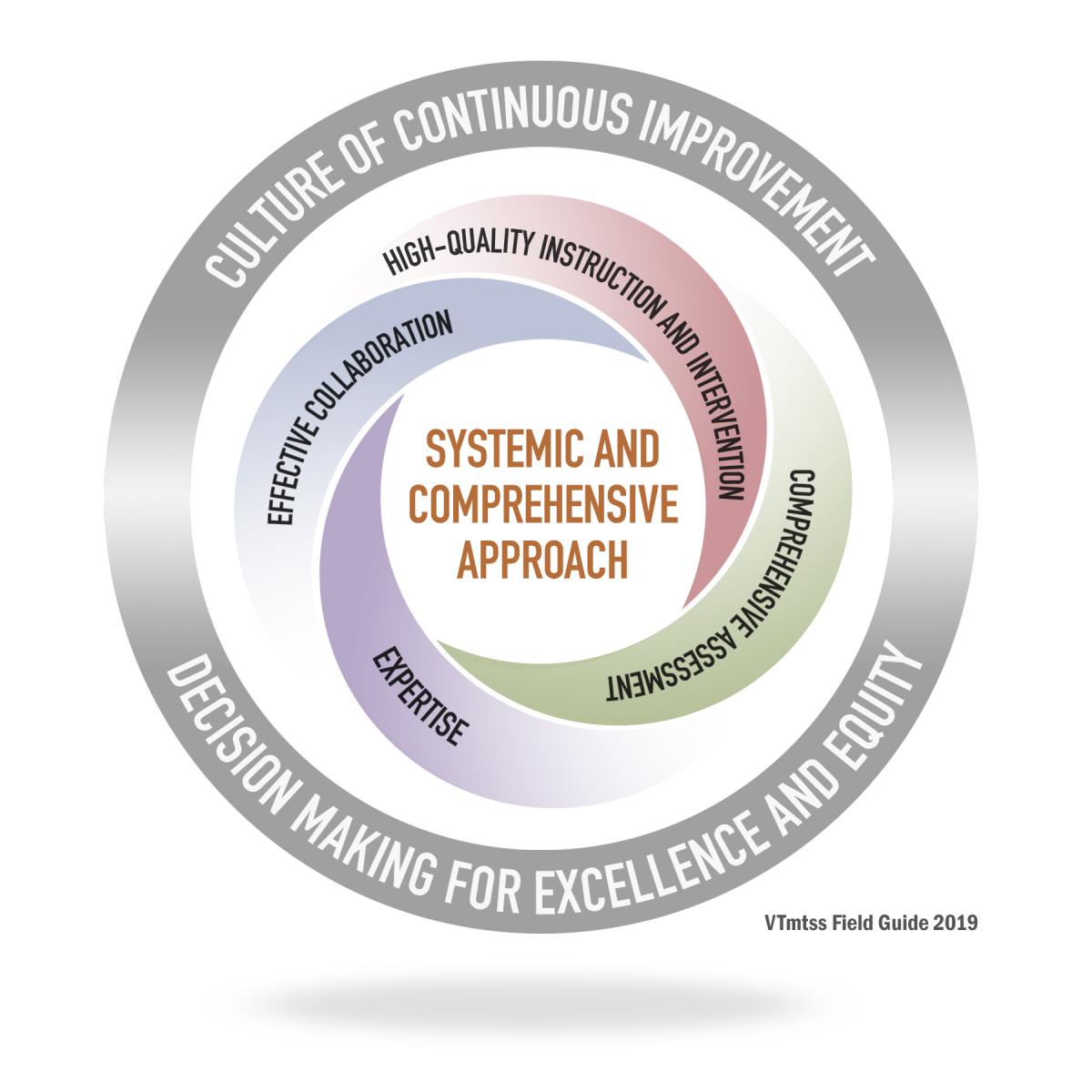Event Dates: February 4, 2025, from 10-11:30 a.m. and February 5, 2025, from 2-3:30 p.m
Audience: Pathway (D) Participants, New teachers to the State, Newly Licensed Teachers and Graduates, Special Education Endorsement Candidates, General Education Teachers, High School Special Education Teachers, Educational Support Teams (EST) Members, Evaluation Team Members, Related Service Providers, Interventionists
Purpose: This training will provide an overview of Functional Skills as it’s listed in Basic Skill Areas in Rule 2392(g). Functional skills reflect a student’s current abilities, skills, strengths, and weaknesses; academically, socially, and physically. Knowing this information about a student should shape the goals of their IEP by informing how their learning differences affect their ability to learn in the general education curriculum
Registration Link: Please register for Functional Skills training.
Contact: Cassie Santo
Tuesday, February 4, 2025 - 10:00 AM - Tuesday, February 4, 2025 - 11:30 AM
Wednesday, February 5, 2025 - 2:00 PM - Wednesday, February 5, 2025 - 3:30 PM


